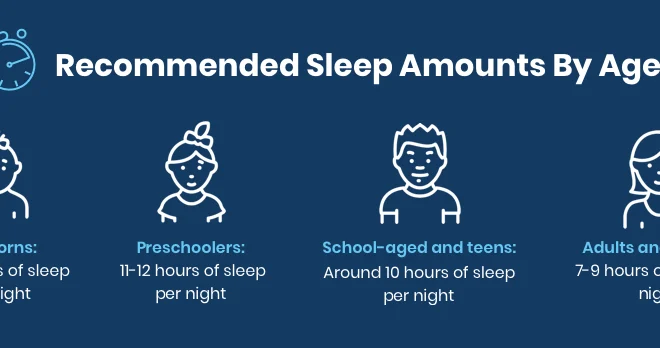The Dangers of Oversleeping: How Too Much Sleep Can Negatively Impact Your Health

Introduction
We often hear about the consequences of not getting enough sleep, but what about oversleeping? This article highlights the potential health risks associated with excess sleep and the reasons why you should avoid being a serial snoozer.
The Connection Between Oversleeping and Health Problems
There are several health issues that can result from oversleeping, including:
1. Obesity: Studies have shown that getting too much sleep can increase your risk of obesity. This is likely due to the connection between prolonged sleep and reduced physical activity.
2. Heart disease: Just like insufficient sleep, sleeping too long has been linked to an increased risk of heart disease. Research suggests that regularly sleeping more than eight hours per night may contribute to this risk.
3. Diabetes: In a similar vein, excessive sleep duration has been associated with a higher risk of developing type 2 diabetes.
4. Depression: While it’s common for people with depression to experience fatigue and oversleep, extended sleep can also exacerbate symptoms by disrupting natural sleep patterns.
5. Cognitive decline: Getting too much sleep has been linked to cognitive impairment, particularly in older individuals. This includes decreased focus, memory issues, and general cognitive decline.
6. Reduced immune function: Chronically oversleeping may weaken your immune system and make you more susceptible to illnesses like colds and the flu.
The Importance of Healthy Sleep Habits
It’s important to establish healthy sleep habits to maintain your overall well-being. Here are some tips for achieving proper sleep duration:
– Set a consistent sleep schedule by going to bed and waking up at the same time every day.
– Avoid caffeine, nicotine, and alcohol close to bedtime, as these substances can disrupt your sleep.
– Create a soothing bedtime routine that encourages relaxation through reading or meditation.
– Keep your bedroom environment comfortable and free of distractions, including electronic devices.
– Don’t nap for too long or too close to bedtime, as this can interfere with your nighttime sleep.
Conclusion
Although the negative impacts of insufficient sleep are often discussed, oversleeping can be equally detrimental to your health. By establishing healthy sleep habits and being mindful of your sleep duration, you can help reduce the risk of developing health issues associated with excessive sleep.






